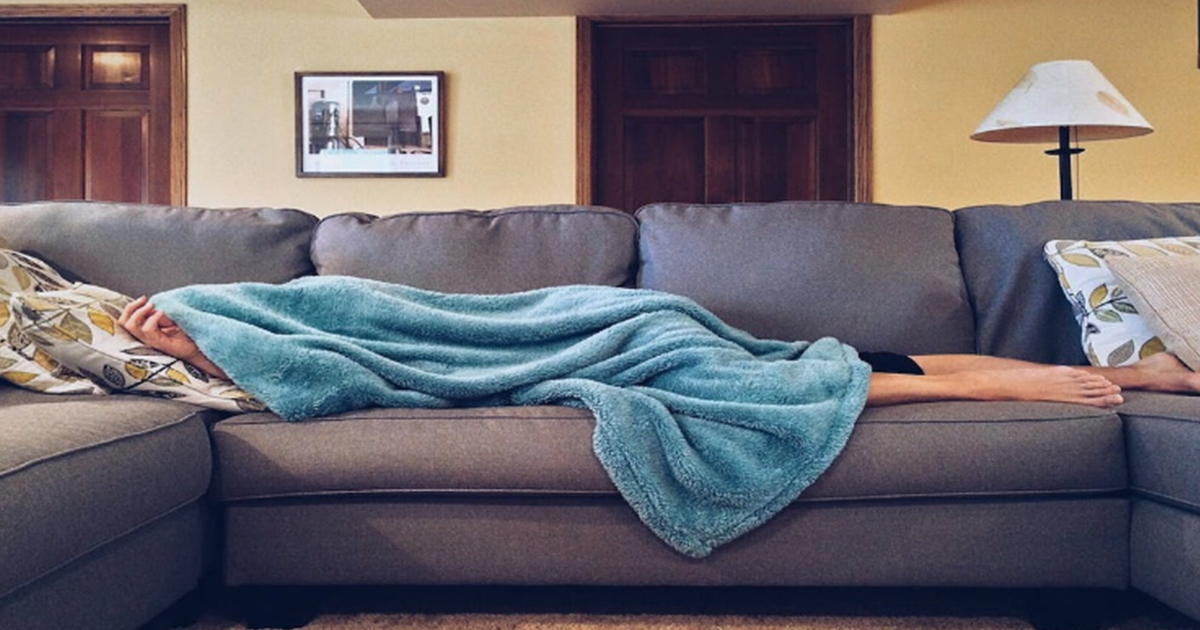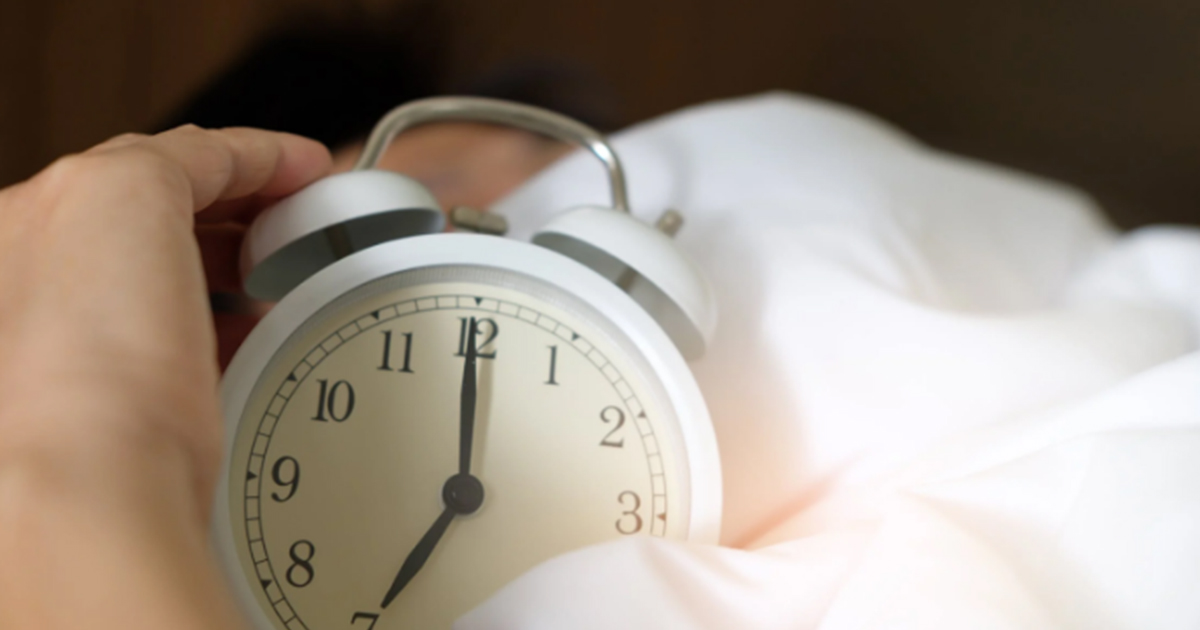If you’ve ever experienced working during unusual hours—staying up late for graveyard shifts,
or finishing tasks due in a different time zone—then you may have heard about shift work sleep
disorder (SWSD). It’s a condition that equates to unnecessary drowsiness or lack of sleep due
to your unfortunate work setup.
Having an unusual working schedule can end up disturbing your internal clock, throwing off your
regular sleeping and waking time. While some people can last through such an abnormal
schedule, most others will suffer through the pangs of SWSD. In such cases, it’s best to consult
with a sleep center in Jacksonville, FL, to get some much-needed help.
If you’re unsure whether you’re suffering from this sleep disorder, then keep reading below to
find out how to determine SWSD and how to treat it accordingly.
Symptoms of Shift Work Sleep Disorder
People who experience SWSD often feel an increase in the number of times they feel sleepy,
resulting in having a hard time focusing on their tasks at hand. They also feel a lack of drive to
get through the day, so they end up feeling depressed or moody.
It’s also possible to experience insomnia while experiencing SWSD. People who face recurring
lack of sleep are at risk because they can end up dozing off during times that require their
attention. As a result, it can greatly affect their health.
If you feel like you’re showing any of the symptoms of SWSD, it’s essential to seek the help of a
sleep center in Jacksonville, FL, to avoid accidents and learn to manage your condition. Failure
to do so will make your situation worse and could lead to dangerous consequences.
How to Get Diagnosed For SWSD
To get diagnosed for SWSD, you' ll need to have a doctor diagnose you through the
International Classification of Sleep Disorders. They' ll ask you several questions, and discuss
your unusual sleeping patterns, possible disruptions, and lifestyle habits that could be the cause
of your disorder. Knowing your medical background and prescribed medications can help
doctors come up with a diagnosis more easily. Besides that, you may be required to take note of
your sleeping patterns by using a sleep journal.
Due to its similar nature to SWSD, narcolepsy and obstructive sleep apnea will need to be ruled
out first. To ascertain your diagnosis, you will be required to undergo a sleep study so doctors
can examine your sleep quality, sleep disturbances, heart rate, and breathing patterns up close.
How To Treat SWSD
Two of the most common ways to treat shift work sleep disorder include medication and lifestyle
changes:
• Taking Prescribed Medication
You can incorporate the use of sleeping pills to improve your sleeping schedule. This includes
taking melatonin to increase the chances of having a peaceful rest. But before trying these, it’s
crucial to consult with a sleep center in Jacksonville, FL, for expert advice. For more severe
cases, you can also consider hypnotics and sedatives—but these should only be taken under a
doctor’s supervision. In addition, other medications can be taken to decrease drowsiness the
morning after, lower memory loss, and increase memory recall.
You should also make it a habit to eliminate anything that can disturb your sleep, including your
mobile phone, television, or computer. Utilizing white noise machines or listening to soothing
music can also help improve your sleep.
• Changing Your Lifestyle
Since your lifestyle significantly impacts your SWSD, it would help to switch up your lifestyle to
try eliminating your condition.
Aside from visiting a sleep center in Jacksonville, FL, you can start maintaining a proper
sleeping schedule, sticking to a regular bedtime routine, taking power naps during your free
time, and reducing your caffeine consumption at least four hours before sleeping.
If you’re planning to go out after work, it’s vital to put on sunglasses to trick your brain into
thinking it’s still nighttime. You can also consider pulling the blinds down and wearing a sleep
mask during the day as you sleep.
Your environment can also interrupt your sleep, which is why you need to tell your family or
housemates to reduce making unwanted noise around your bedtime. You can also put on
earplugs to cancel out sound and give you a good sleep.
Get in Touch With a Professional
While some people may not be in a position to demand better work hours, which would reduce
the chances of having SWSD, you can try to change your lifestyle or take prescribed medication
to achieve a good quality of sleep. You can also reach out to a specialist from a sleep center in
Jacksonville, FL, to tackle your situation accordingly and provide the appropriate treatment.
Sleep Study Doctor in Jacksonville, FL
Are you looking for a sleep study doctor that handles shift work disorder treatment in
Jacksonville, FL? Jacksonville Sleep Center is a certified sleep center in Jacksonville, FL
committed to treating patients who want to improve their quality of life and achieve a good
night’s sleep. We can find treatment options to help you through your bouts of SWSD! Get in
touch with us today to schedule an appointment.






